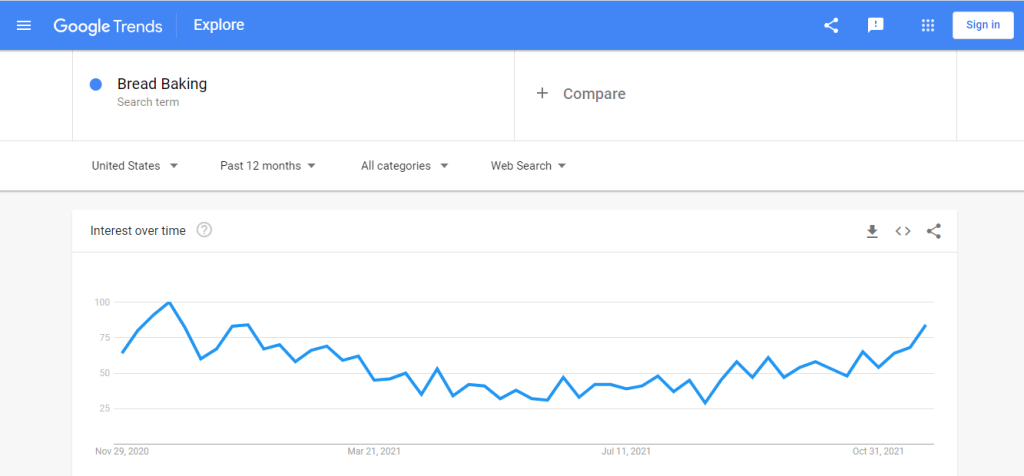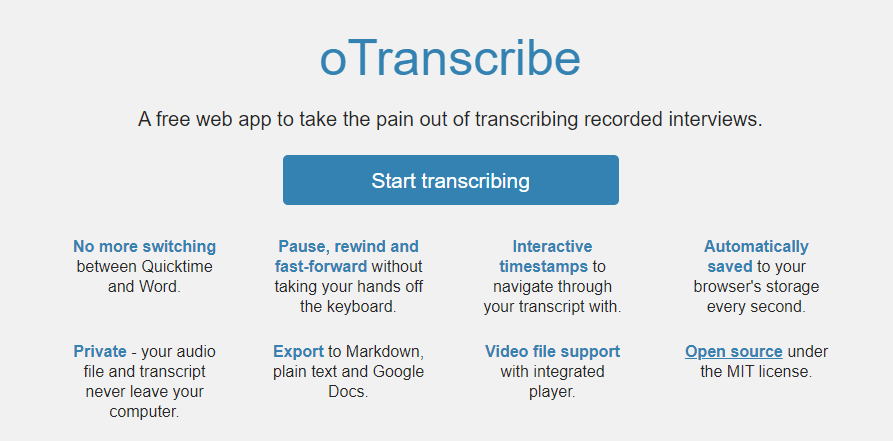How to Find a Profitable Podcast Niche (3 Tips)

Creating a successful and profitable podcast is often a struggle. There are hundreds of thousands of podcasts on the web, and getting yours to stand out and make a profit can be a challenging feat.
Narrowing your content down with a clear niche is one way to create a unique podcast and gain a dedicated audience. However, choosing a profitable focus involves a great deal of planning. Fortunately, this process can be streamlined and simplified if you know where to begin.
In this article, we’ll discuss what a niche is and why choosing one will benefit your podcast. We’ll then recommend three tips for finding a profitable podcast niche. Let’s get started!
Why It’s Vital to Choose a Clear Niche for Your Podcast
A ‘niche’ is a narrow topic that targets a specific audience. Niches are like subcategories. For instance, ‘baking’ is a category, but a related subcategory might be ‘baking bread’.
A niche helps to define your podcast, so listeners understand what it is about and can find it easily. One example is the podcast Baking with House of Bread:

Marketing to a specific audience can help you reach more quality listeners, because you are creating the perfect content for certain people. This should allow your ideal listeners to find you more easily than if you marketed to a broad audience. Plus, having a clear and focused niche can help you stand out from the crowd, and make your podcast feel unique.
How to Find a Profitable Podcast Niche (3 Tips)
You probably already have some general thoughts about what your podcast will cover. So how do you go from there and determine the right niche within that broader topic? Here are three effective ways to identify your perfect niche.
1. Choose a Topic Both You and Your Audience Will Love
To get started, think about what topics interest you the most and what you are passionate about. Make a list of topics that meet those criteria, and narrow your favorites down into specific subcategories. You ultimately want to choose a niche that you understand, actually want to talk about, and can offer value in.
You’ll also need to determine whether the niche will work as a podcast. To do this, you can ask yourself questions such as:
- Is there a demand for this niche?
- Who is the target audience, and where can you find them?
- Is this particular market oversaturated?
- What are the major existing podcasts in this category?
Once you have a podcast niche in mind, you can determine consumer interest with a tool like Google Trends:

Google Trends analyzes data to show how often people search for key phrases by region. This means you can use it to gauge interest in your topic.
2. Research Your Competitors
Now that you have a podcast niche in mind that has a potential audience, you can research your competition to get a better understanding of the current market.
It’s a good idea to start by researching the most popular podcasts that are already in your niche. Listen to their content and identify what they are doing to be successful and attract listeners. Some aspects to study include:
- The type of content in their podcast
- Their promotion strategies
- Their monetization strategies
- Overall strengths and weakness
However, you don’t simply want to copy what’s already out there. Instead, you can use your research to determine how you will make your podcast unique in comparison. Consider what makes you different and why someone might choose to listen to you over your competition, and aim to target unmet needs or improve on other podcasts’ weaknesses.
3. Consider How You Will Market and Monetize Your Podcast
Before signing off on your chosen niche, it’s important to think about how you will market and monetize your podcast. Social media is fantastic for engaging your audience and attracting new listeners:

Converting the podcast into a YouTube show is another great way to market your content. Google values video much more than text, so videos are excellent for Search Engine Optimization (SEO). Your audience can also get a better understanding of who you are through video.
Transcribing your podcast can also benefit your SEO, and help you appeal to hearing-impaired individuals and people who simply prefer reading over listening. You can pay for a transcription service such as Rev.com, or you can transcribe the audio yourself using a program like oTranscribe:

After you have your marketing plan ready, you’ll also want to consider how you’ll fund your podcast. Sponsorships are one tried-and-true method for podcast monetization.
You can also turn your listeners into paid subscribers with membership tiers. For example, Patreon has a specific platform for podcasting:

This platform has a private RSS feed so you can securely release content and connect with your subscribers.
Conclusion
A clear niche can help your content stand out and engage your audience. Rather than trying to compete with everyone in a very broad market, you can speak to a smaller (but more interested) subset that’s perfectly positioned to become regular listeners.
Finding the right niche can be challenging, but if you follow these tips, you will be on your way to a profitable podcast:
- Choose a subject you enjoy and understand.
- Thoroughly research popular podcasts and competitors in your niche.
- Create a marketing and monetization plan.
Browse our blog to find more helpful tips for starting and maintaining a popular podcast!
